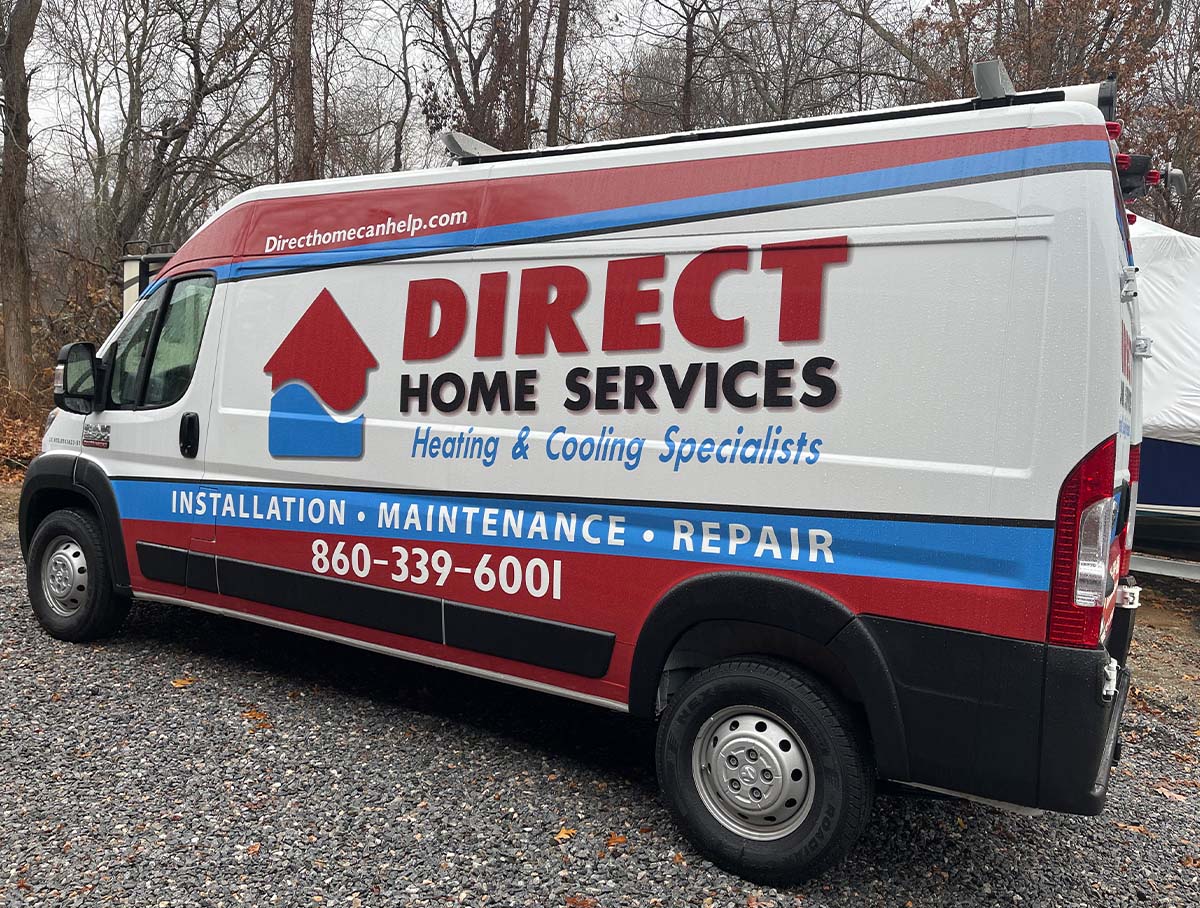
How to Troubleshoot Common Water Heater Issues in Durham, CT

Introduction
Are you experiencing problems with your water heater? Don't worry, you're not alone. Many homeowners in Durham, CT face issues with their water heaters at some point. These problems can be frustrating and inconvenient, but with a little troubleshooting, you may be able to resolve them on your own.
In this article, we will guide you through the process of troubleshooting common water heater issues in Durham, CT. Whether you have a gas or electric water heater, we will provide you with step-by-step instructions to help you identify and fix the problem. So let's dive in and get started!
1. No Hot Water
One of the most common issues homeowners face with their water heaters is a lack of hot water. If you turn on your faucet or shower and only get cold water, there could be several reasons for this.
Possible Causes:
Top Furnace Installation Durham CT- Pilot Light: If you have a gas water heater, the pilot light may have gone out. You can relight it by following the manufacturer's instructions.
- Tripped Breaker: In the case of an electric water heater, check if the circuit breaker has tripped. If it has, simply reset it.
- Thermostat Settings: Ensure that the thermostat on your water heater is set to an appropriate temperature (usually around 120 degrees Fahrenheit).
2. Leaking Water Heater
A leaking water heater can cause significant damage to your home if not addressed promptly. If you notice any signs of leakage around your unit, it's essential to take immediate action.

Possible Causes:
- Temperature and Pressure Relief Valve: This valve is designed to release excess pressure from the tank. If it is faulty or malfunctioning, it may cause leaks. Replace it if necessary.
- Corrosion: Over time, the tank may develop corrosion, which can lead to leaks. If the tank is old and rusted, it may be time to replace the water heater.
- Loose Connections: Check all the connections on your water heater for any signs of looseness or leaks. Tighten them if necessary.
3. Strange Noises
If your water heater is making unusual noises such as rumbling, popping, or banging sounds, it could be an indication of a problem.
Possible Causes:
- Sediment Build-Up: Over time, sediment and minerals can accumulate at the bottom of the tank, causing these noises. Flushing the tank regularly can help prevent this issue.
- Expansion and Contraction: As the water heats up and cools down, the tank expands and contracts, creating noise. This is normal and not necessarily a cause for concern.
- Faulty Heating Element: If you have an electric water heater, a faulty heating element can also produce strange noises. Replace it if necessary.
4. Smelly or Discolored Water
If your hot water has an unpleasant odor or is discolored, it can be quite off-putting. It's essential to identify the cause of this issue and address it promptly.
Possible Causes:
- Bacterial Growth: Bacteria can sometimes grow in hot water tanks, leading to foul odors. Flushing the tank with hydrogen peroxide can help eliminate these bacteria.
- Corroded Anode Rod: The anode rod in your water heater helps prevent corrosion by attracting minerals and rust. If it becomes corroded, it can cause discoloration and odors. Replace it if necessary.
- Sediment Build-Up: Sediment at the bottom of the tank can also lead to discolored or smelly water. Flushing the tank regularly can help prevent this issue.
Frequently Asked Questions
- A: It is recommended to flush your water heater at least once a year to prevent sediment build-up and maintain its efficiency.
- A: While some minor leaks can be fixed by tightening connections, it's best to consult a professional plumber for proper repairs to avoid further damage.
- A: The recommended temperature setting for most households is around 120 degrees Fahrenheit to prevent scalding and save energy.
- A: On average, a well-maintained water heater can last between 8 and 12 years. However, factors such as usage and maintenance can impact its lifespan.
- A: Popping sounds are typically caused by the expansion and contraction of the tank as the water heats up and cools down. This is normal and not a cause for concern.
- A: Yes, hard water containing high mineral content can lead to sediment build-up in the tank, reducing the efficiency of your water heater over time. Regular maintenance is essential in such cases.
Conclusion
Dealing with common water heater issues in Durham, CT doesn't have to be a daunting task. By following these troubleshooting steps, you can potentially resolve many problems on your own. However, if you're unsure or uncomfortable with performing any repairs yourself, it's always best to seek professional help from trusted experts like Direct Home Services in Durham, CT.

Remember to perform regular maintenance on your water heater to prevent future issues and extend its lifespan. With proper care, your water heater will continue to provide you with hot water for years to Expert Heat Pump Repair Durham come. So don't let these common issues dampen your spirits, and take action today to get your water heater back in top shape!